The U.S. Embassy in Islamabad held a two-day capacity building training on “Countering Trafficking in Persons (TIP) in Pakistan” to ameliorate institutional mechanims for eliminating human trafficking and supporting victims in accessing support they need. The importance of cooperation between the government, business, and civil society was emphasised by Ambassador Donald Blome in order to establish a more just and equitable world. The conference was attended by scholars, US exchange alumni, and anti-human trafficking experts from both the U.S. and Pakistan.
In his opening remarks at the event, U.S. Ambassador Donald Blome said, “Human trafficking erodes the rule of law, the safety of our communities, the security of our borders, and the strength of our economy. When we work together—across government, business, and civil society—to achieve the goals of combating human trafficking, we create a fairer and more equitable world.” He was joined by chief guest Sindh Assembly Deputy Speaker Shehla Raza, who acknowledged the efforts of the U.S. government in supporting anti-trafficking efforts in Pakistan.
Thanking the organizers, Sustainable Social Development Organization (SSDO) and the Pakistan-U.S. Alumni Network (PUAN), for their work in coordinating the two-conference, Deputy Chief of the U.S. Mission to Pakistan Andrew Schofer added, “The exchange of ideas and coordination amongst all players is a critical part of addressing the issue of trafficking in persons.”
Scholars and anti-human trafficking experts from both the U.S. and Pakistan attended the conference, which included plenary sessions special sessions, and five working groups to discuss expected roles of a broad range of stakeholders to counter TIP – including parliamentarians, law enforcement, judiciary and prosecution, civil society, academia, and media.



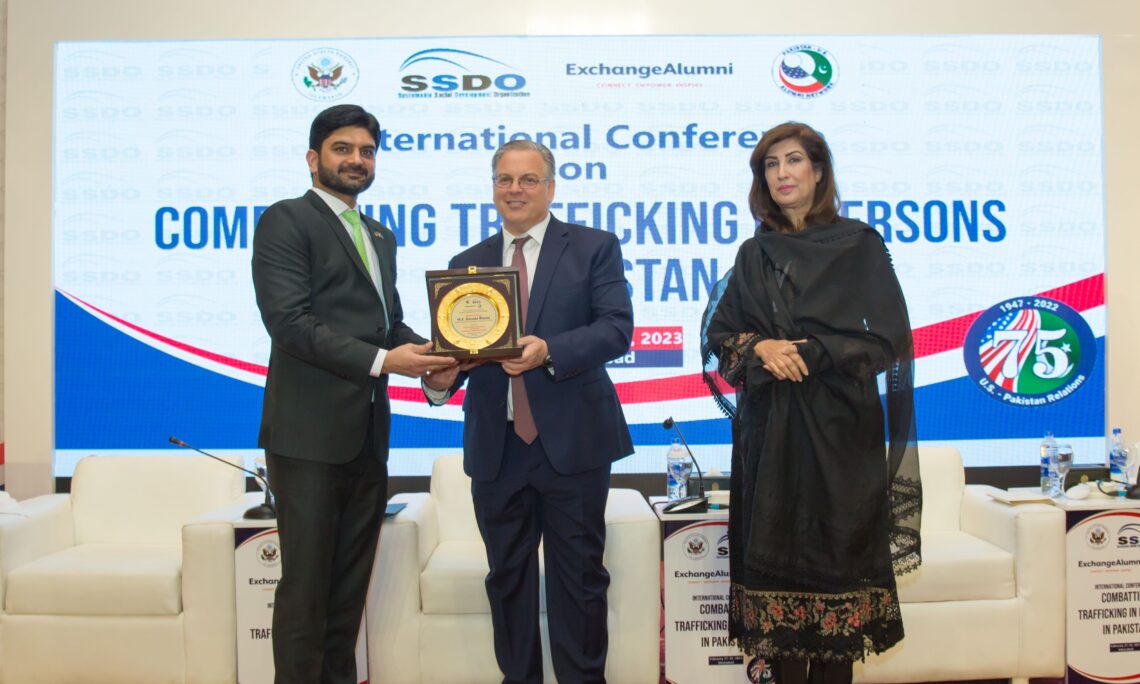
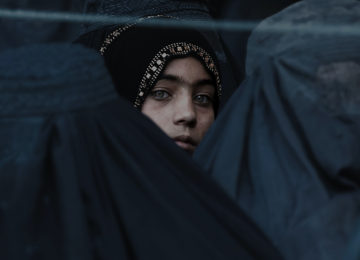
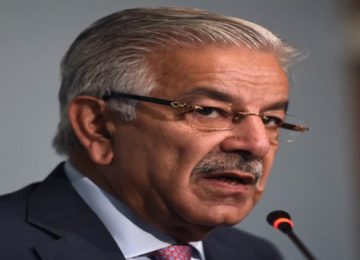
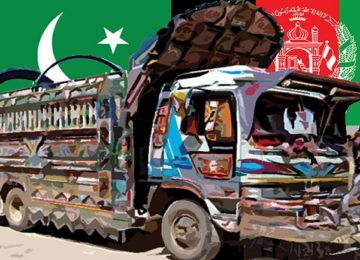
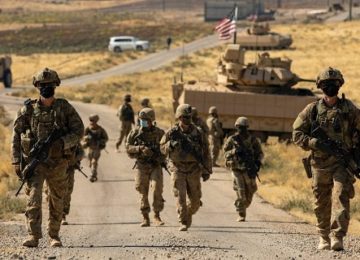
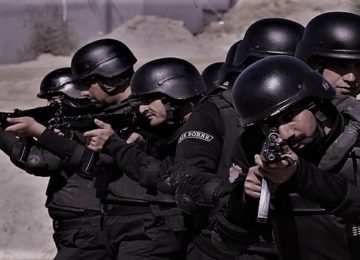
купить номер польша | continent telecom
rent yacht montenegro – european yachts
купить теплый пол электрический цена
тепла підлога Київ
Rent a car in Dubai
зоотовары опт
Роман Капаклы о романе с Татьяной Мусульбес «Всё, отстаньте» – смотреть
жильё Шенкурск доска Gurava ru
работа в новгороде для женщин